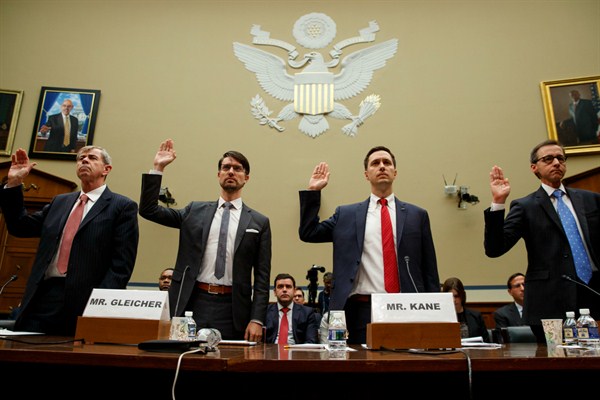Homeland security is a priority for every nation. Since some countries face the same threats and enemies for decades, or even centuries, their conceptualization of homeland security remains constant. The United States is different. As America’s role in the world and the challenges it faces have changed, Americans themselves have had to periodically reconceptualize homeland security. Another radical rethinking is underway again today, and much is at stake.
In the first half of the 20th century, homeland security became more than just protecting the nation’s borders and ports, as Americans recognized that events far away had a direct effect on the United States, as both world wars made all too clear. Americans’ conceptualization of homeland security shifted again when the Soviet Union, a nuclear superpower, both built bombers and missiles that could strike U.S. territory and forged allies with radical organizations capable of subversion inside the United States. A third transformation came after 9/11, when Americans faced the reality that the country was vulnerable to terrorist attacks by ideologically motivated extremist groups.
Today, there is a pressing need for another shift in the way Americans think about homeland security. But for a variety of reasons, this reconceptualization is more complicated and difficult than the ones before it. Two things in particular are undercutting old ideas: intense connectivity and the weaponization of everything. Connectivity, whether economic or psychological, links U.S. national security to instability and conflict elsewhere in the world and gives potential enemies many ways to harm the United States. Gone are the days when homeland security mainly required protecting America’s ports against foreign naval incursions and, later, stopping Soviet aircraft and missiles. Now, opponents can strike the United States in myriad ways.

